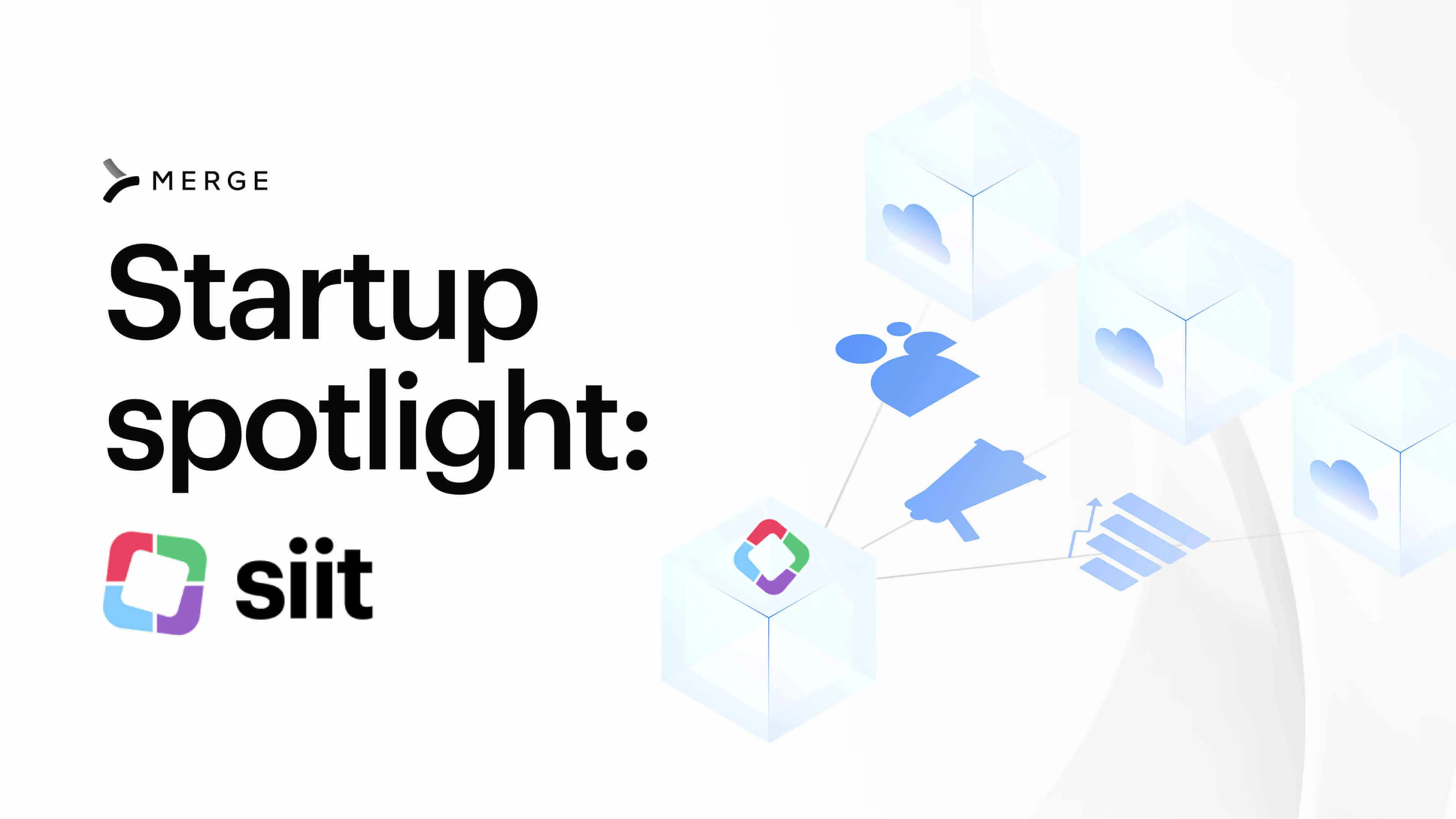How Avenue markets, sells, and supports their product integrations

We’re excited to announce our latest edition of Startup Spotlight, a content series that gives you the inside scoop on how startups build their customer-facing integrations and take them to market.
Today we’re highlighting Avenue—a smart ticketing platform for operations teams (think PagerDuty but for Ops teams).
We interviewed Avenue’s Head of BizOps to learn why they need customer-facing integrations, how they’ve gone about building and maintaining them, and what they’ve done to market, sell, and support them.
You can read on to see what she shared or watch our video with her below!
1. Why does Avenue need integrations?
Our platform listens for a wide range of triggers—such as a new row of data, webhooks, form entries, or reactions in Slack. Once one of these predefined triggers takes place (whether it be a new lead, a delayed order, or a customer complaint), we route the event (along with its associated details) to the appropriate team and equip them with playbook steps to take action.
Being able to send data and create a “ticket” elsewhere is an integral piece of the Avenue workflow.
Take an e-commerce marketplace, for example. When a new seller sets up a storefront on the platform, it's essential to ensure listings meet specific standards of completeness, safety, and accuracy. To streamline this process, the marketplace can use Avenue to automate these checks: if a listing is incomplete, an automatic email notification is sent to the seller for correction. If a potential safety issue is identified, Avenue generates a ticket in the customer service tool, allowing the team to review and decide on the appropriate action. Lastly, if a listing's categorization is inaccurate, Avenue creates a task in the marketplace's productivity tool, directing it to the listings team for adjustment.
Tl;DR, integrations are a must-have for our clients and prospects. Every operations team has their tool of choice and it’s imperative for us to guarantee that integration during sales calls.
2. Can you walk me through Avenue’s journey in building integrations?
To be candid, we didn’t even think about building and maintaining these integrations in-house.
Avenue supports countless use cases and operations teams rely on a diverse set of tools, so we knew early on that we’d need to cover dozens of integrations across software categories. This includes sales, support, and project management integrations.
As a startup, we didn’t have enough developer resources to keep pace with this demand. We also wanted to make sure that all of our developers were focused on the tasks they’re uniquely suited to perform—which involve building out and improving our core product.
Once we arrived at this realization, we came across Merge pretty quickly through a referral. And after speaking to the team and exploring the platform, we knew Merge was exactly what we needed.
Our decision to invest in Merge has quickly paid off. The integrations we’ve built through the platform have improved our close rate by 25%!
3. How does Avenue market its integrations?
We’ve taken a variety of approaches.
For individual integrations that many clients and prospects care about, we’ll write blog posts that announce them, explain why they’re useful, highlight their use cases, and walk through their setup. We then promote these articles across our social channels to expand their reach.

We also like to promote multiple integrations in a given category to show that we cover it comprehensively, and we make sure to highlight the use cases associated with those integrations. For instance, we’ve announced several CRM integrations—Salesforce, HubSpot, and PipeDrive—in a single social post.
To help us break through the noise and connect with prospects more effectively, we also decided to make certain integrations a focal point in our case studies. This gives us the opportunity to break down how, exactly, they help our clients achieve key business outcomes.

4. How does Avenue sell its integrations?
Integrations typically come up during our sales reps’ discovery calls with prospects. But the conversation isn’t just about confirming that we offer a specific integration(s). Our reps and prospects also have detailed discussions around the use cases that matter for that integration.
Assuming we cover the integration and the relevant use cases, the rep will go on to show a demo that includes everything from how they can set up the integration (in less than 5 minutes) to how the use case can play out in Avenue.
If we don’t support a requested integration and it’s necessary to close a deal, we can add it in less than a day through Merge.
In terms of pricing, Integrations are included at no additional cost.
Our thinking here is that every operations team works differently—even within a given organization—so we want to help everyone, regardless of the tools they use or the use cases they care about. Also, we’ve seen that our tool is stickier when it’s connected to more applications and supporting more workflows at a given company—so this decision also makes sense for us financially.
5. How does Avenue support its integrations?
When an integration issue occurs, a ticket is filed via Avenue and gets assigned to our engineering team. All the while, our CX liaison is keeping tabs on the ticket and communicating with the client whenever there are updates to it.
That said, Merge’s integrations are incredibly reliable, so we don’t have to deal with issues all too often. And even when we do, the process of diagnosing and troubleshooting any issue is easy for our team through Merge’s Integration Observability features.
You can learn more about how Avenue uses the integrations powered by Merge to close more deals, retain more clients, and save engineering costs by reading their case study.


.png)






.jpg)
